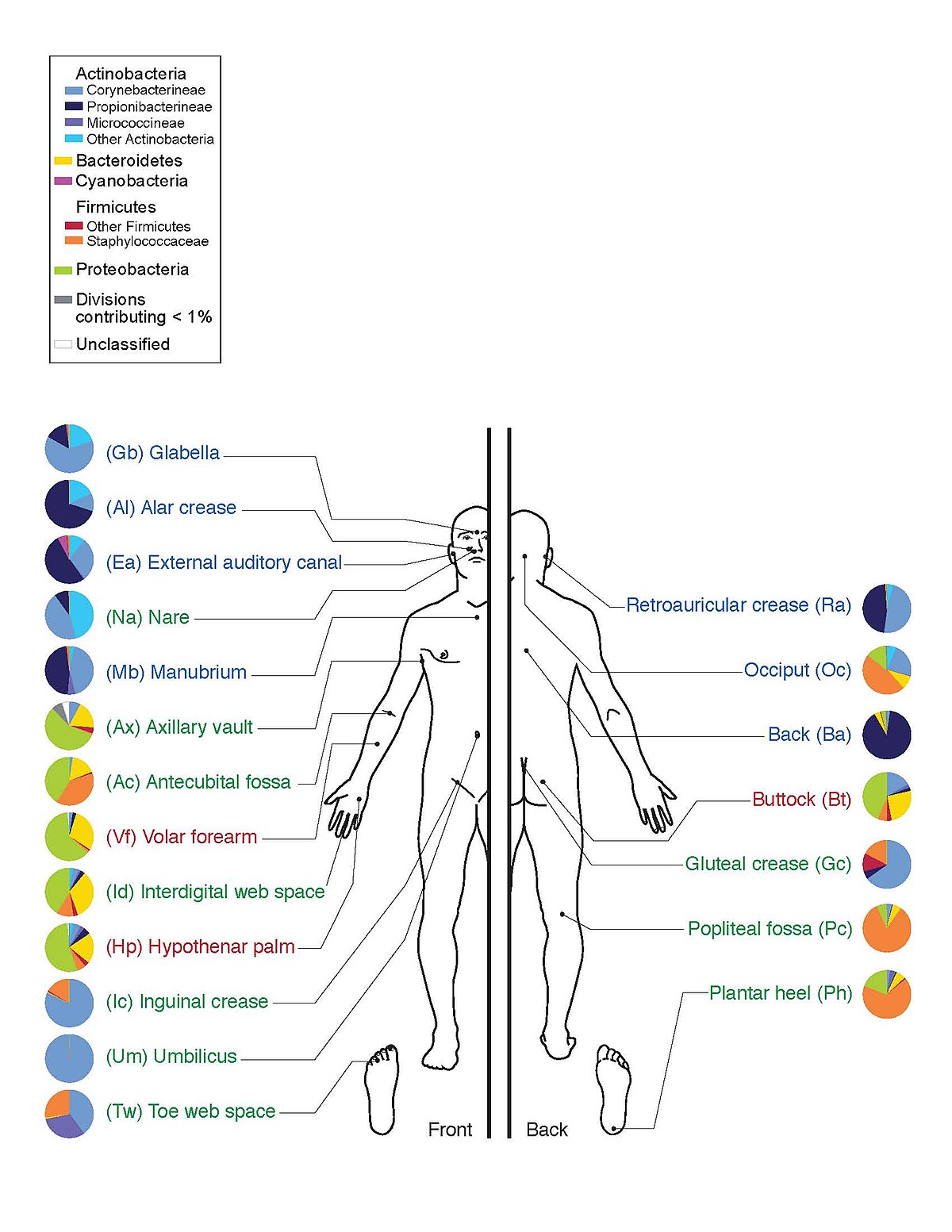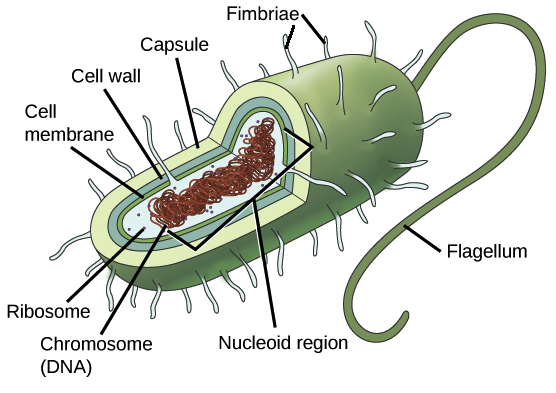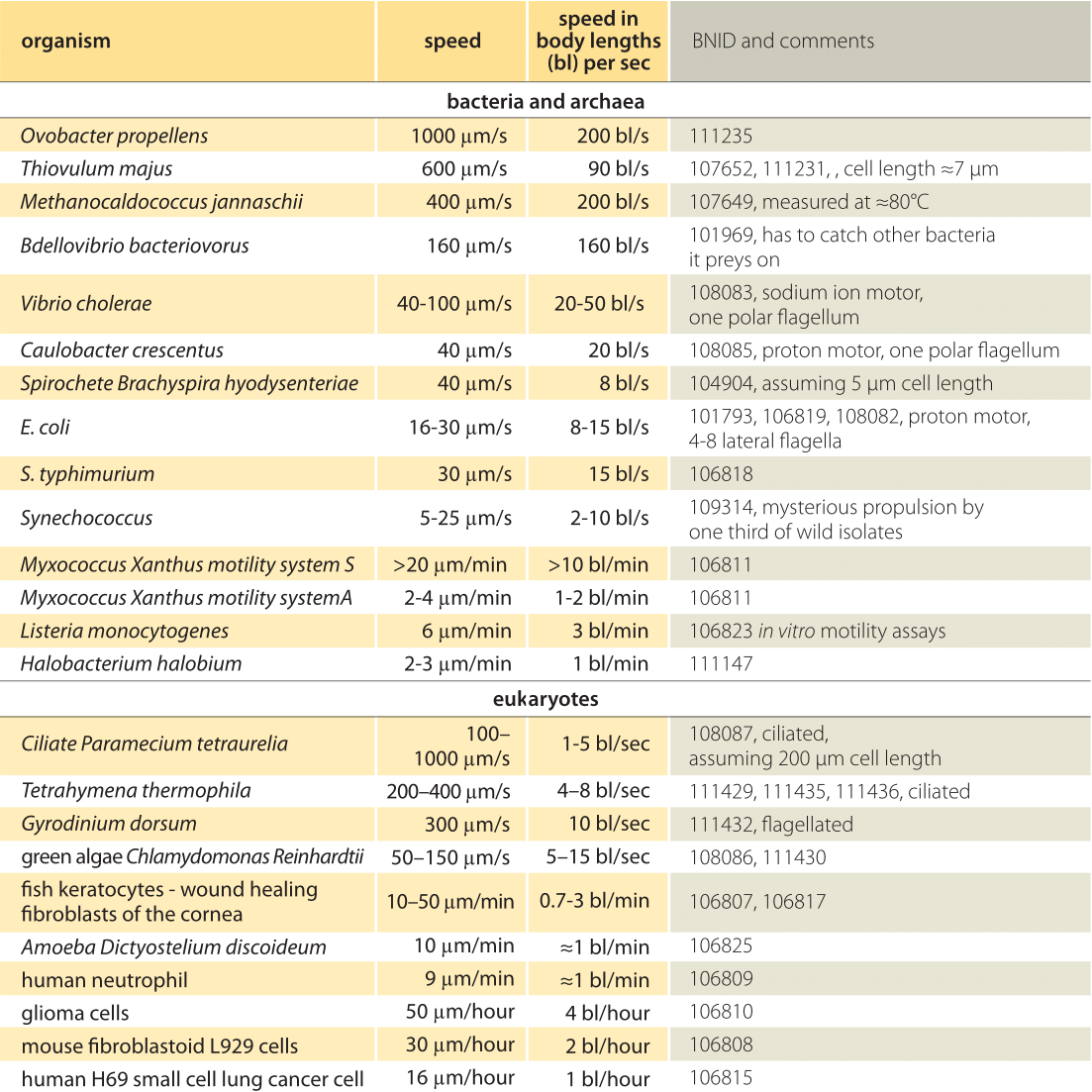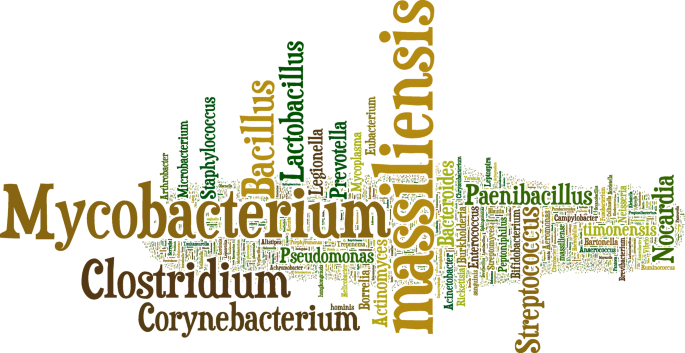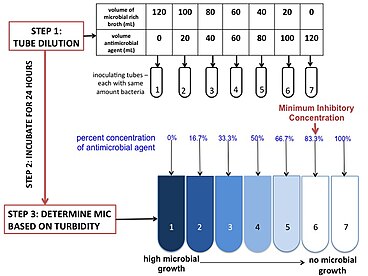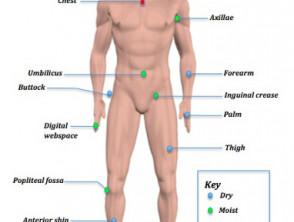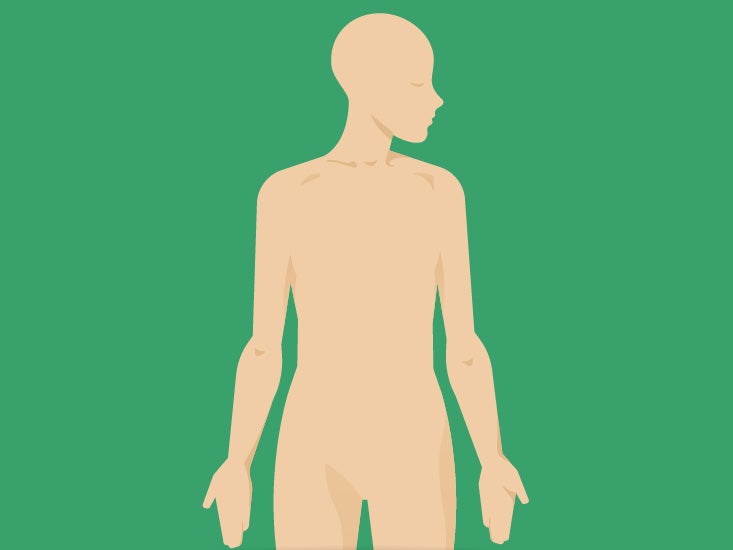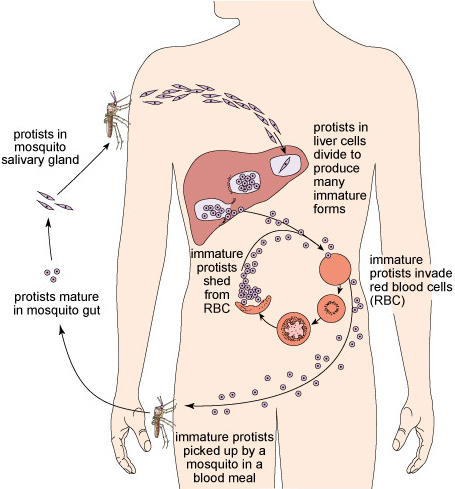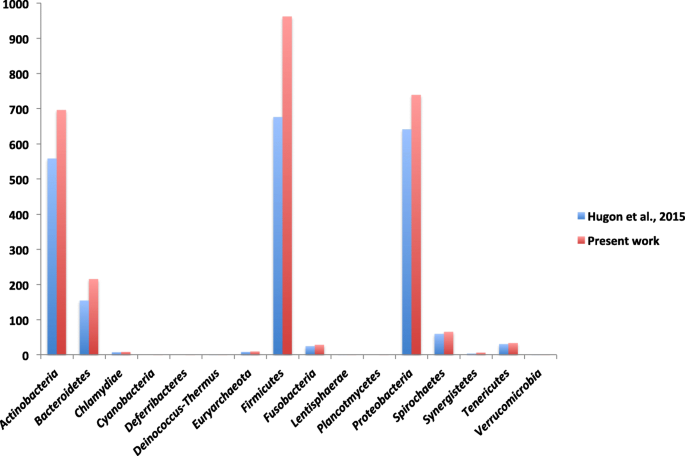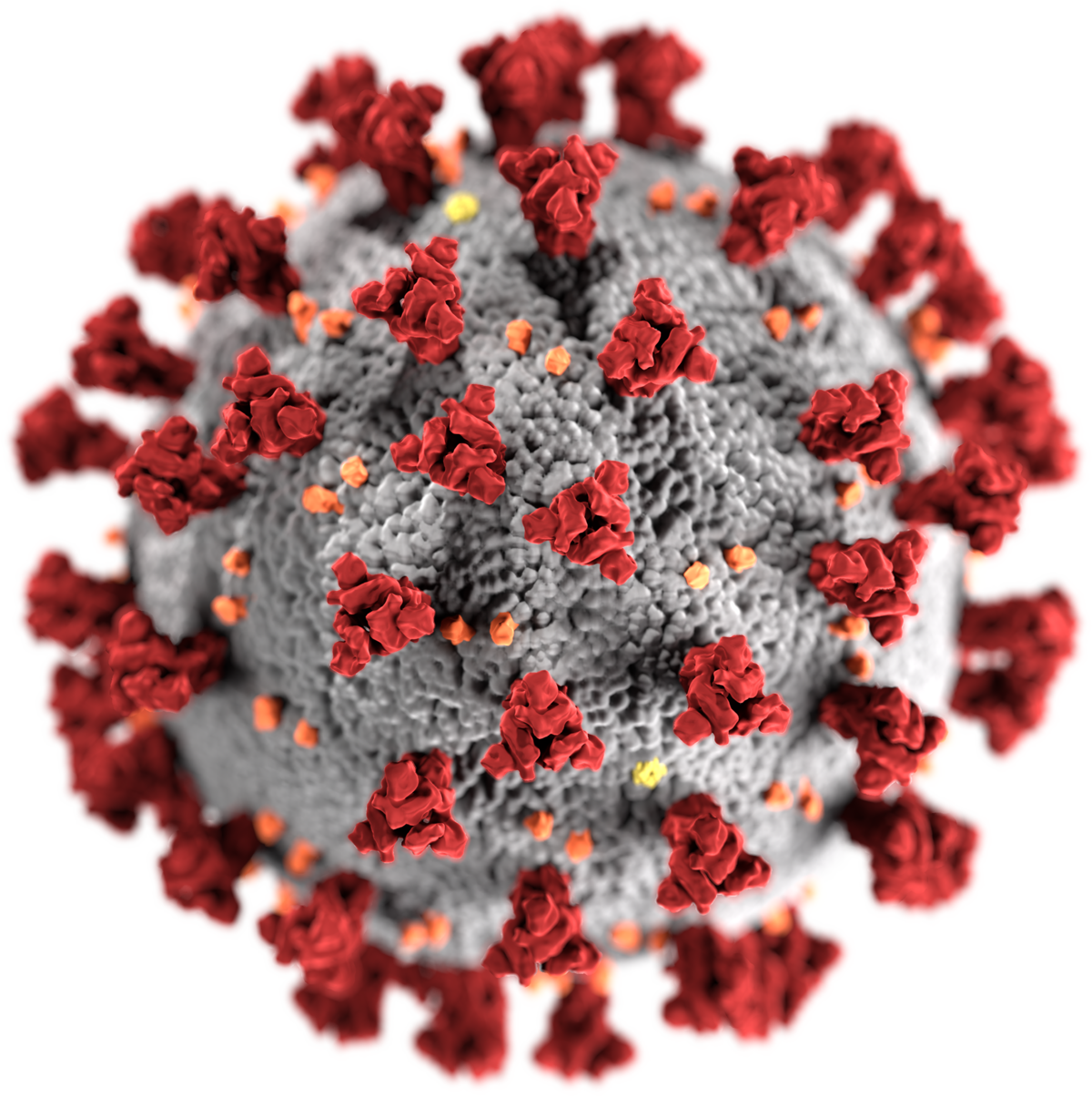Gut bacteria has a huge impact on human body weight and our ability to gain or lose weight. Faecal coliform is a facultatively anaerobic rod shaped gram negative non sporulating bacteriumcoliform bacteria generally originate in the intestines of warm blooded animals.
Analyses Of The Microbial Diversity Across The Human Microbiome
Bacteria in human body measurement unit. Battling the quarantine 15. The human body may contain around 10 times fewer bacteria than previously thought with the average person being made up of roughly equal numbers of body cells and microbes. We have evolved with these bacteria passed down from mother to child for hundreds of millions of years and scientists are now uncovering the significant role they play in human health. These bacteria are primarily located in your intestines and carry. A fecal coliform british. Many non human animals including insects are hosts to numerous microorganisms that reside in the gastrointestinal tract as wellthe human gastrointestinal metagenome is the aggregate of all the genomes of gut.
Human gastrointestinal microbiota also known as gut flora or gut microbiota are the microorganisms generally bacteria and archaea that live in the digestive tracts of humans. The average human has over 100 trillion microbes in and on their body and many of the latest discoveries are challenging previously held ideas about good and bad bacteria. How were effected varies depending on our microbiome balance the levels of beneficial bacteria genetics hormone levels vitamin and mineral levels etc. The homeostasis of these variables are different from person to person. More than half of your body is not human say scientists. Human cells make up only 43 of the bodys total cell count.
The rest are microscopic colonists. Experts fear covid 19 weight gain could lead to health complications weak immune systems maintaining a balanced diet has never been more important doctors say. Summary your body contains more bacterial cells than human cells. The human microbiome is the aggregate of all microbiota that reside on or within human tissues and biofluids along with the corresponding anatomical sites in which they reside including the skin mammary glands placenta seminal fluid uterus ovarian follicles lung saliva oral mucosa conjunctiva biliary tract and gastrointestinal tracttypes of human microbiota include bacteria. Fecal coliforms are capable of growth in the presence of bile salts or similar surface agents are oxidase negative and produce acid and gas from lactose within 48 hours at 44 05c. Therefore your gut bacteria may influence your weight 7 8.
Taken collectively these organisms outnumber our own human cells 10 to 1 making up 5 pounds of our body weight.
